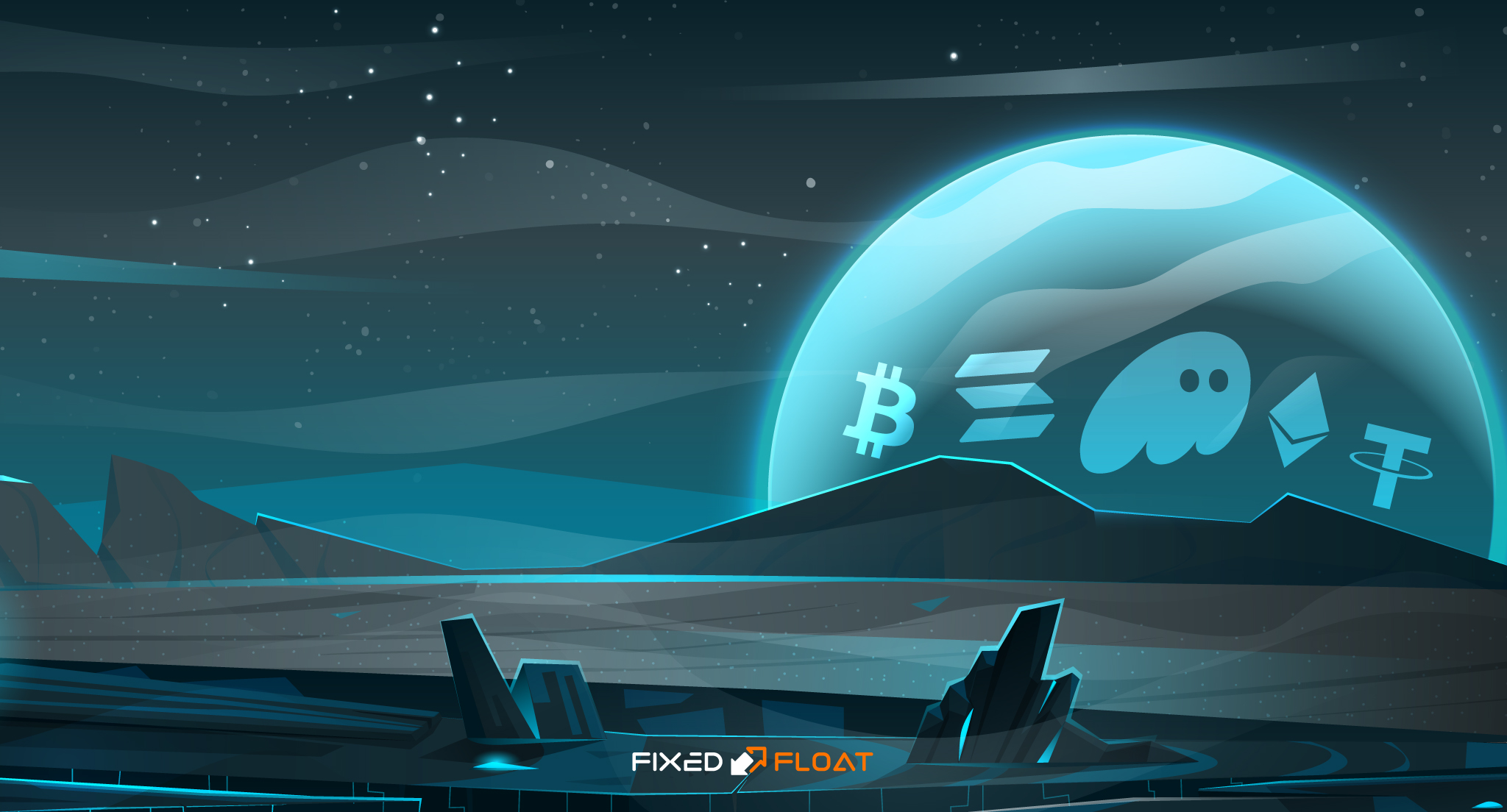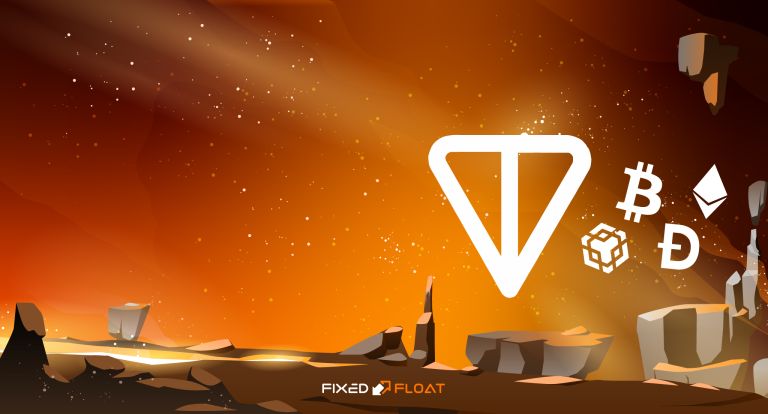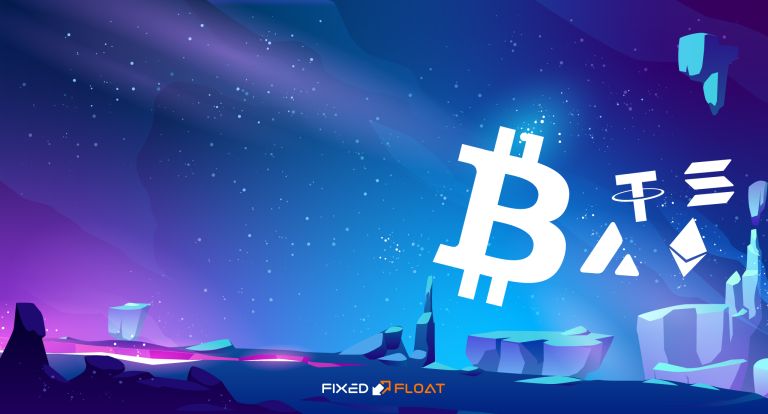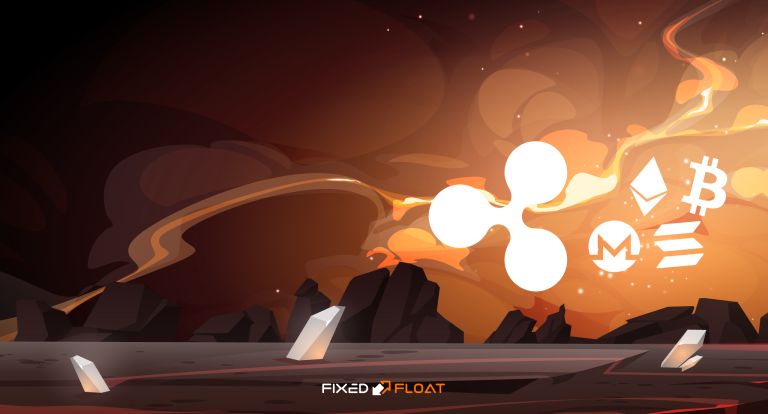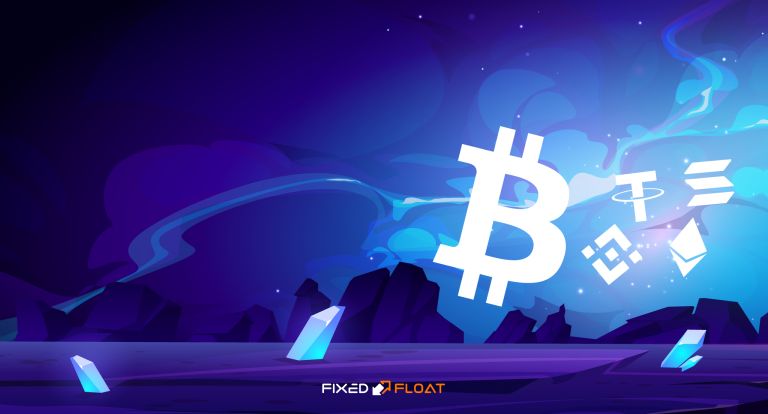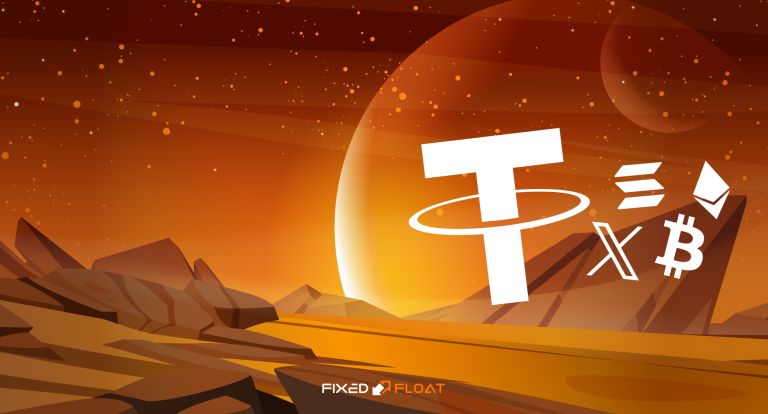Unknown destroyed 2500 ETH
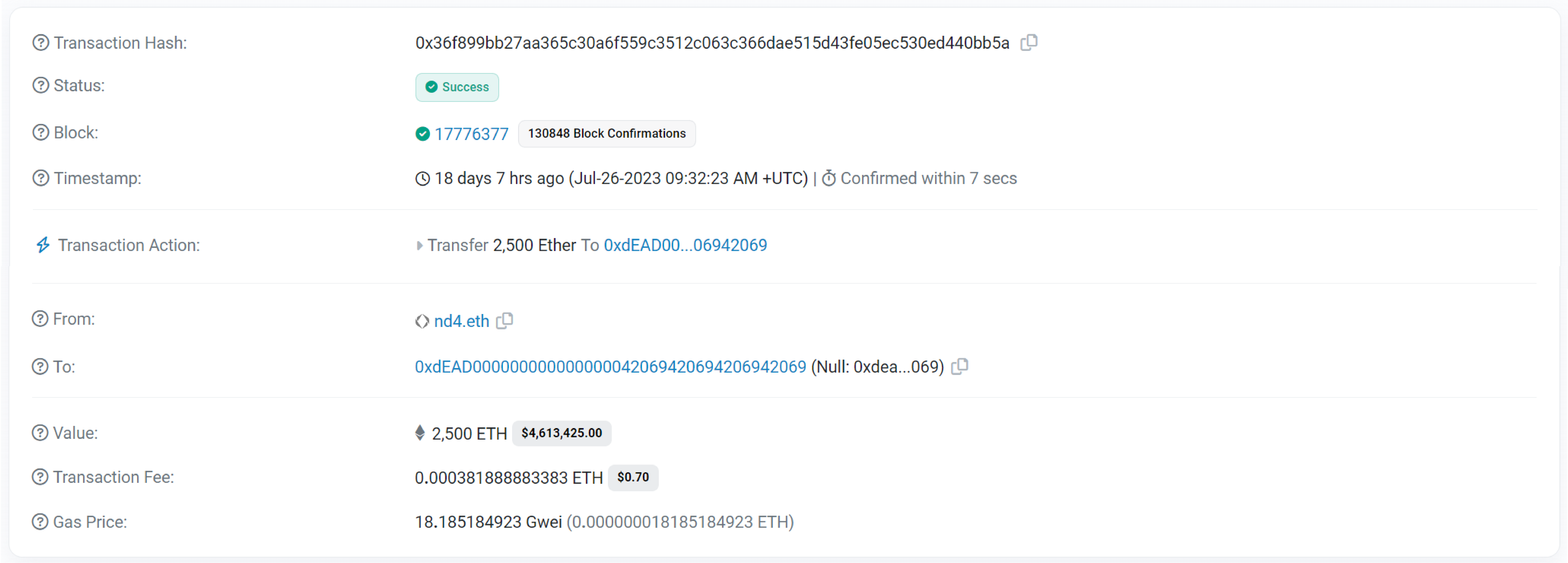
This week, an unknown Ethereum user parted with $4.58 million. This happened as a result of sending a transaction in the amount of 2500 ETH to the address for burning, as a result of which the coins cannot be restored. It is not known exactly what caused this action. On social media, some people thought he did it on purpose. Others suggested that the user did not check the address before sending and made a mistake. However, after some time, the user again made transactions to the burn address: 36,188 GMX ($1.78M), 311,003 GNX ($1.52M) and 4 NFT BAYC. Who he is and what reasons prompted him to these actions remains unknown.
Tether announced the development of an application for payments using USDT and XAUT
Tether, the USDT stablecoin issuer, has announced plans to launch a mobile app. With it, users will be able to pay for international purchases with B2B, B2C and C2C transactions based on payments in US dollars and XAUt. The app will provide direct escrow payments and dispute resolution platforms backed by the Bitcoin Lightning network. It is still in beta testing and is expected to launch soon. This news caused a big reaction in the crypto community.
Secret project of Ethereum and Visa revealed
The global payment system Visa has introduced an innovation for Ethereum users. It is aimed at a solution that will enable users to pay Ethereum network fees using Visa cards. Traditionally, ETH is used to cover GAS fees. Visa wants to simplify this process with cutting-edge tools, account abstraction, and the ERC-4337 standard.
With Visa, the process to send a transaction would look like this: The wallet creates a user transaction request detailing the transaction and the gas fee amount that may be required. After that, the wallet does not send the information immediately to the blockchain, but to a special web service along with information about the Visa card. The service verifies the information, processes the payment through the Visa platform, and sends back the digital signature. The wallet receives this data and sends the transaction to the blockchain, after which it is received by the network confirmation. While users are watching the test results, the final verdict on the convenience of this solution can be given after the full implementation of the technology.
Bitcoin volatility hits all-time low
This week, Bitcoin once again exceeded $30,000 and rolled back. Analysts note that since June, a period has begun that is one of the least volatile in the history of Bitcoin. Volatility is a statistic that shows the rise or fall of the exchange rate over time. The more volatile a cryptocurrency is, the more risky it is as an investment. Such a cryptocurrency can show a strong rise in the rate or a strong fall. The crypto market is currently experiencing one of the least volatile periods in its history. Based on this, analysts express doubts that the rate will make significant leaps in the future.
Fantom is considering integrating Optimistic Rollups
Fantom is considering adding optimistic rollups between Fantom and Ethereum. This move could turn it into the second layer of Ethereum. Fantom Foundation CEO Michael Kong noted that the implementation of Layer 2 technology will enable the Fantom network to access more liquidity from the Ethereum ecosystem. Cronje, however, doesn't think there is a Layer 2 network. He prefers to think of what is commonly referred to as a Layer 2 network as a sidechain, and the optimistic fusing technology that links them as a bridge between them. He acknowledged that this is a semantic difference, but, according to him, he likes it very much.
Bank of America does not believe in the great popularity of the stablecoin PayPal
In the long term, the bank sees much more competition for the token. The bank released a report on Thursday noting that the launch of the PayPal (PYPL) stablecoin PayPal USD (PYUSD) will increase payment efficiency and improve the customer experience, but was skeptical about the possible significant adoption of cryptocurrencies in the near future. The competition among stablecoins is high, and the PayPal USD token (PYUSD) is sure to face it.
Bank of America says it doesn't expect the launch of PYUSD to result in "accelerated regulatory clarity" as the stablecoin's issuance "does not change systemic risk for traditional markets," but it could face regulatory hurdles if non-bank entities in As a result, stablecoins will be banned.
Cryptophone Solana plummeted in price to $599
Over a year ago, Solana announced their $1,000 cryptophone called Saga. Fans of the project were excited about this event, but in the end, many were disappointed, as expectations were too high. Solana announced this week that it has significantly reduced the price of the Saga from $1,000 to $599. The project explained the reason for this decision. The price cut was made to attract more people to the ecosystem and promote the mobile future of web3.
